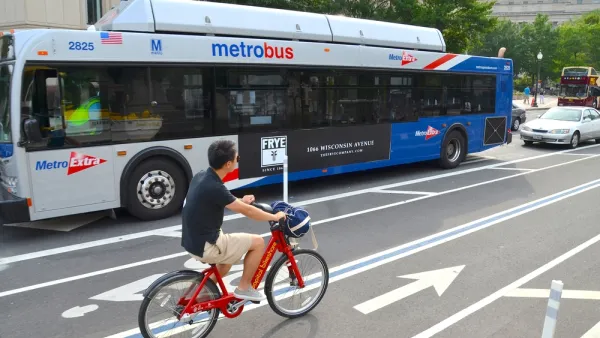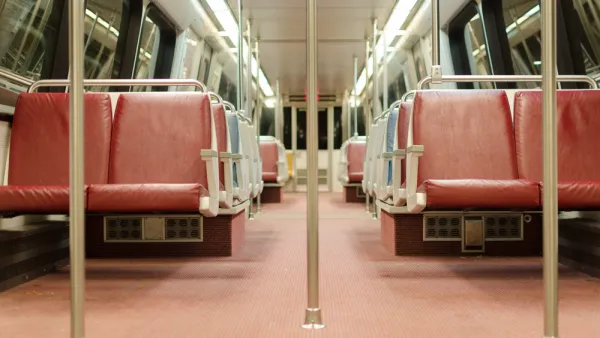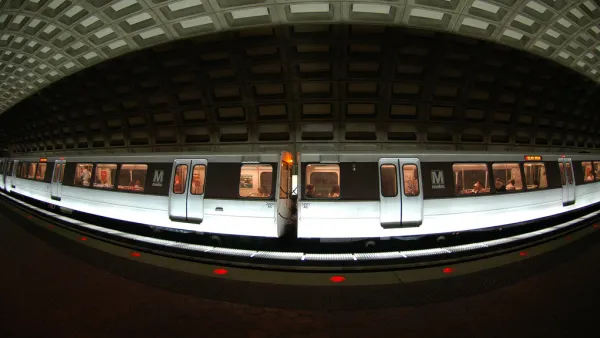The executive director of a research and policy center on privatization and responsible contracting says a proposal to privative parking operations at the Washington Metro Area Transit Authority would bring a half century of regret.
"Two weeks ago, WMATA began taking bids from private companies to operate its parking facilities," according to an op-ed by Donald Cohen, who is the executive director of In the Public Interest, research and policy center on privatization and responsible contracting.
"In exchange for a big up-front payment to the agency, the winning company would collect fees from people parked at train stations for the next 50 years," writes Cohen, who argues that the WMATA might regret that decision for the next 50 years as well.
Cohen calls the proposal "foolish," and lists reasons for doing so, including:
It discourages public transit. In order for the private company to make a profit, parking rates will have to go up — as much as 3% a year, according to WMATA. If it costs more money to park and ride the train, people may look for other ways into the city.
According to Cohen, the proposal to privatize WMATA's parking gets at fundamental questions about public goods and services, with answers crucial to public transit and cities as a whole.
The proposal to privatize WMATA's parking continues a trend of cash-strapped transit agencies looking to privative portions of their operations to cut costs. The Massachusetts Bay Transportation Authority, for instance, is considering a plan to privatize specific types of employment in the agency, such as bus drivers and maintenance workers. Cohen also cites the example of Chicago's decision to privatize its parking meters—a decision described in the past as "Exhibit A for bad public contracting."
FULL STORY: The Deal That Could Hurt D.C. For 50 Years

Analysis: Cybertruck Fatality Rate Far Exceeds That of Ford Pinto
The Tesla Cybertruck was recalled seven times last year.

National Parks Layoffs Will Cause Communities to Lose Billions
Thousands of essential park workers were laid off this week, just before the busy spring break season.

Retro-silient?: America’s First “Eco-burb,” The Woodlands Turns 50
A master-planned community north of Houston offers lessons on green infrastructure and resilient design, but falls short of its founder’s lofty affordability and walkability goals.

Test News Post 1
This is a summary

Analysis: Cybertruck Fatality Rate Far Exceeds That of Ford Pinto
The Tesla Cybertruck was recalled seven times last year.

Test News Headline 46
Test for the image on the front page.
Urban Design for Planners 1: Software Tools
This six-course series explores essential urban design concepts using open source software and equips planners with the tools they need to participate fully in the urban design process.
Planning for Universal Design
Learn the tools for implementing Universal Design in planning regulations.
EMC Planning Group, Inc.
Planetizen
Planetizen
Mpact (formerly Rail~Volution)
Great Falls Development Authority, Inc.
HUDs Office of Policy Development and Research
NYU Wagner Graduate School of Public Service




























